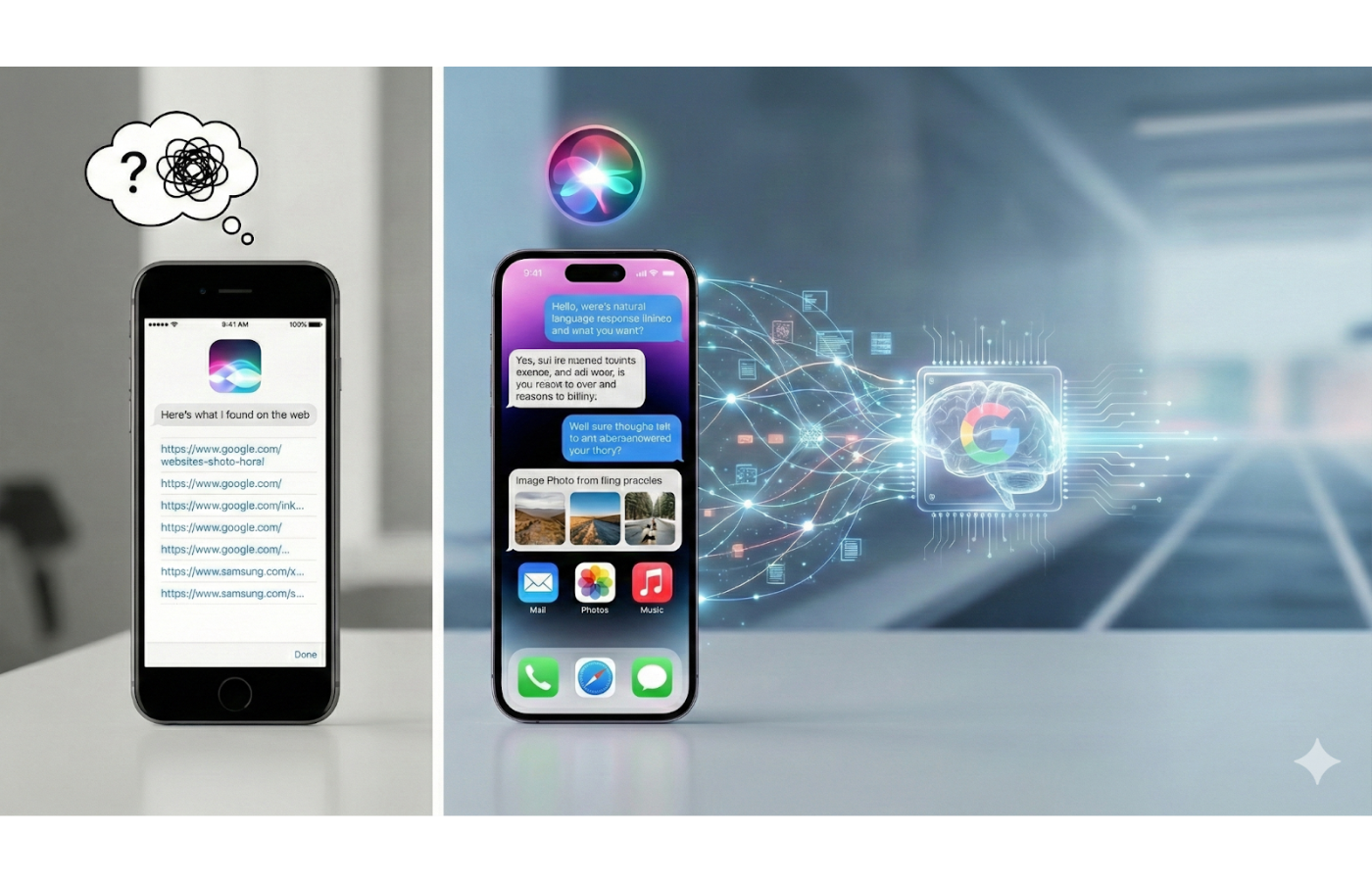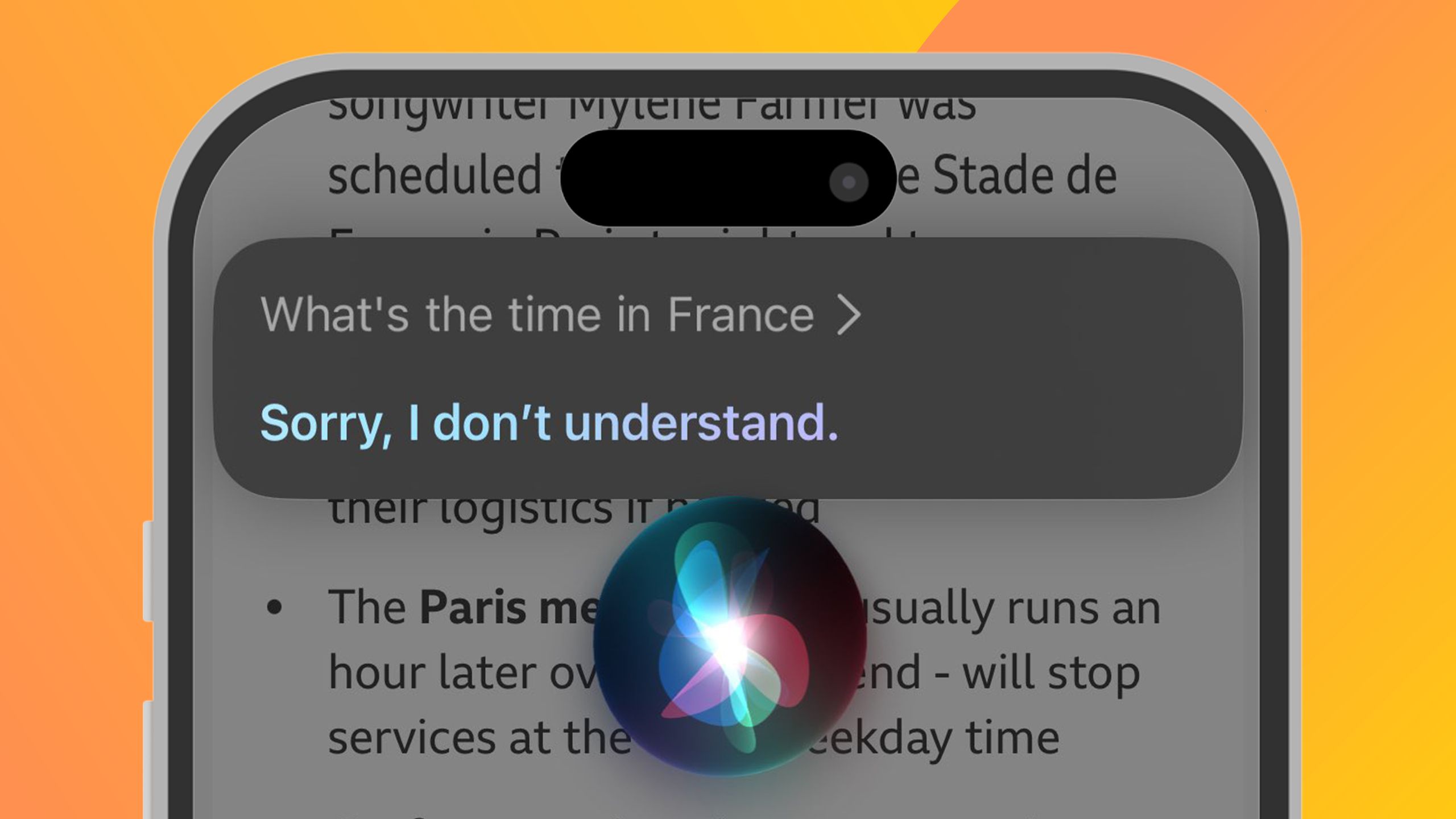#siri
#siri
[ follow ]
#apple #google-gemini #apple-intelligence #ios-27 #ai-partnerships #privacy #gemini #generative-ai #google #ai
fromMLB Trade Rumors
2 weeks agoAngels Sign Jose Siri To Minors Deal
The Angels have signed outfielder to a minor league contract, The Athletic's Will Sammon reports. Siri will be invited to the Halos' big league spring camp, according to the New York Post's Jon Heyman, and he'll earn $1.6MM if he makes Los Angeles' 26-man roster. Siri has opt-out dates at the end of Spring Training and on June 1 if the Angels haven't already selected his contract, as per Ari Alexander of 7 News. More to come....
Major League Baseball
fromArs Technica
3 weeks agoHas Gemini surpassed ChatGPT? We put the AI models to the test.
For this test, we're comparing the default models that both OpenAI and Google present to users who don't pay for a regular subscription- ChatGPT 5.2 for OpenAI and Gemini 3.2 Fast for Google. While other models might be more powerful, we felt this test best recreates the AI experience as it would work for the vast majority of Siri users, who don't pay to subscribe to either company's services.
Artificial intelligence
fromFast Company
2 months agoApple's AI chief paid the price for the company's stalled progress
Apple's AI boss, John Giannandrea, is stepping down after seven years on the job. Apple's stock price got a slight boost on the news, as some investors saw Apple signaling a new urgency to bring AI to its devices. Following a transition period, Giannandrea will "retire" next spring, Apple said in a press release Monday. Most of Giannandrea's AI group will now be tucked into Craig Fedherigi's software development group, which owns development of the various operating systems in Apple devices.
Apple
fromGSMArena.com
4 months agoApple is working on a ChatGPT-like app ahead of the next-gen Siri
According to internal sources at Apple, the company has built a ChatGPT-like app for iPhones that helps the engineering team develop the next-generation Siri, powered by LLM. Reportedly, the AI division is using the internal app to test new Siri features, including the ability to search through personal information like songs, emails, photos, videos, etc. It's also capable of executing in-app actions, such as editing photos.
Apple
fromMail Online
5 months agoApple's new headphones can translate foreign languages in real time
The sci-fi-worthy tool allows real-time communications between two people who don't speak the same language. Fans are comparing it to the 'Communicator' device from Star Trek, which allows direct contact between individuals on different spaceships. The technology - which requires a connected iPhone - is also reminiscent of the green 'Universal Translator' device from TV series Futurama. At launch, Live Translation is available in English - both British English and American English - as well as French, German, Spanish and Portuguese.
Apple
fromTechCrunch
5 months agoApple's new iPhone 17 devices don't have an AI-powered Siri yet. It doesn't matter. | TechCrunch
The "Air" branding is meant to bring to mind other lightweight - and sometimes less expensive - Apple products like the MacBook Air and iPad Air. But it also recalls a time when smartphone makers were chasing an ever-thinner phone. In the AI era, however, it's not necessarily the device's size that matters; it's what the software it runs can do.
Artificial intelligence
fromstupidDOPE | Est. 2008
5 months agoApple Prepares AI Search Upgrade for Siri With World Knowledge Answers | stupidDOPE | Est. 2008
Apple is quietly preparing one of the most significant upgrades to its software ecosystem in years: a new artificial-intelligence-powered web search tool designed to supercharge Siri and reshape the way users interact with information. According to Bloomberg reports, the project-codenamed World Knowledge Answers-is slated for a potential 2026 rollout. More than just a technological step forward, this move signals Apple's intent to carve out a distinct position in the rapidly shifting AI landscape, one currently dominated by OpenAI, Google, and emerging players like Perplexity.
Apple
[ Load more ]


















